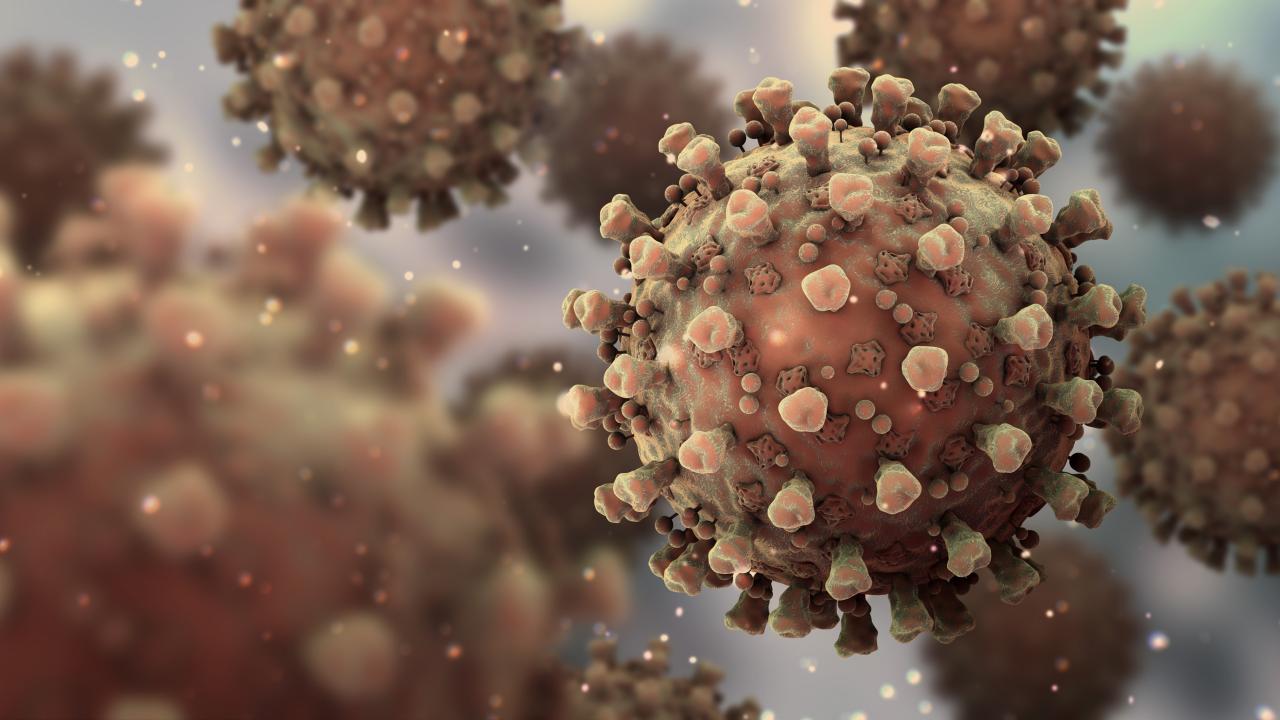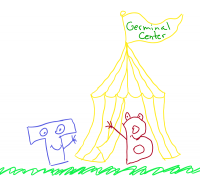
Nonhuman primate study on early immune response to SARS-CoV-2 points to specific immune cells for vaccine development
A collection of infectious disease researchers at the California National Primate Research Center and the Center for Immunology and Infectious Diseases observed early immune response to SARS-CoV-2 in rhesus macaques. Their findings suggest vaccine developers should focus on promoting specialized immune cells called CD4 T follicular helper (Tfh) cells capable of targeting spike (S) and nucleocapsid (N) proteins associated with SARS-CoV-2.

Before building a vaccine, it is important to understand the body’s specific response to SARS-CoV-2. Historically, successful vaccines have relied on altered versions of the virus to induce the production of antibodies capable of long-term protection.
An important part of this process involves a microstructure called the germinal center that develops within lymph nodes. Within a germinal center, immune cells called B cells receive information from the specialized CD4 Tfh cells to become plasma cells which are antibody producing factories in the body. CD4 Tfh cells then communicate important information about the virus to B cells so they can begin making plasma cells to fight the virus. This process also produces long-lasting antibodies designed to remember the virus if it returns.
The current study found evidence of Tfh cell responses to the SARS-CoV-2 S and N proteins circulating through the animal’s peripheral blood and lymph nodes. It is believed that these cells will communicate the information about the S and N proteins to B cells in germinal centers. The body can then begin producing long term antibodies against these specific proteins and protect the animal from reinfection in the future.
The authors hope this research will aid in the design of a vaccine capable of protecting humans and nonhuman primates from Covid-19.
The study was funded by internal seed grants to CNRPC and CIID, R21 AI143454-02S1 (SSI), FAST GRANT- George Mason University (SSI), Animal Models of Infectious Diseases Training Program T32AI060555 (SRE) and National Institutes of Health contract Nr. 75N9301900065 (A.S. and D.W).
Written by Logan Savidge Lesavidge@ucdavis.edu
